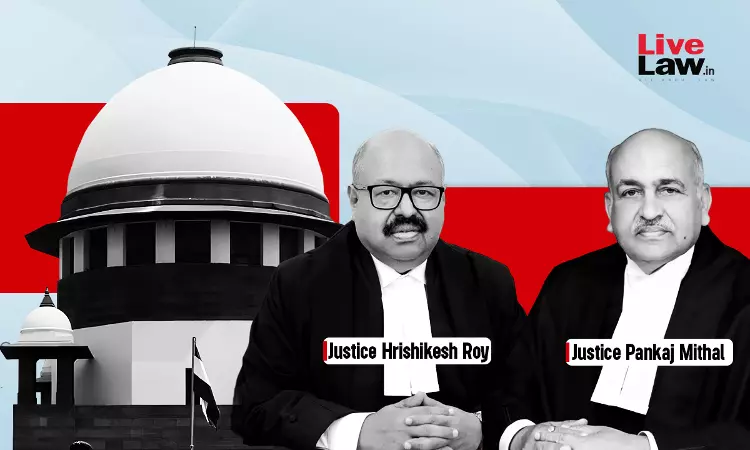While hearing a bunch of appeals, a Division Bench of the Supreme Court, comprising Justices Hrishikesh Roy and Pankaj Mithal, held, "Public interest need not remain exclusively limited to ensuring maximum revenue accrual for the Government. Instead, public interest includes, without limiting itself to, a fair, transparent & stable process which any and all executive action must...

